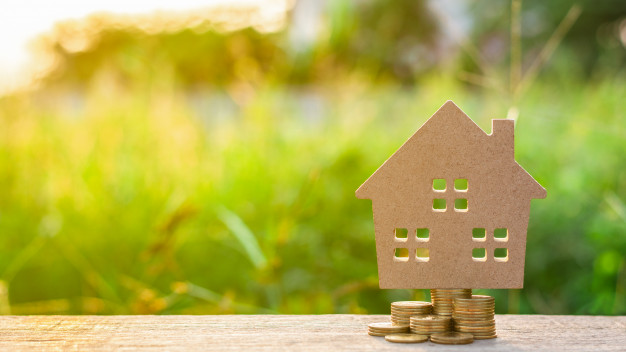Want to build your wealth through home ownership? Build equity.
Home equity is the percentage of your home’s value that you own, and it’s key to building wealth through homeownership. Let’s take a closer look at how you can build your home equity without blowing your budget and how to access it when you need it.
How much equity do you have?
Equity is easy to calculate when you first buy a home because it’s basically your down payment. For example, if you put Kes 211,250 down on a Kes 4,225,000 home, your down payment is 5% and so is your equity.
How to build your equity
Here are some ways your home can create wealth for you. Some require time, money — or both. A lender can help you decide what works best for you.
1. Let your home appreciate
Building equity through appreciation can take little time or a lot, depending on the market. With home prices going up like they have in recent years, appreciation has been a boon for many home owners.
Let’s take an example that the median home value grew from Kes 1,850,000 in April 2016 to Kes 2,160,000 in April 2018. If you bought a home for Kes 1,850,000 in April 2016 with a down payment of Kes 129,050, your beginning 7% equity would have grown to 23% by April 2018.
We calculate this by subtracting your current loan balance (Kes 1,656,000) from your home’s current value (Kes 2,160,000). Then we divide the difference by your home’s current value. 1/8th of this additional 16% equity is from paying down your mortgage, and the rest is market appreciation.
If you waited two years and bought the same home in April 2018 with a 20% down payment of Kes 432,000, you started off with 20% equity. You also used 3.3 times more cash to make the purchase. And here’s the shocker: Your total monthly housing cost would be the same — about Kes 10,050 in both cases.
This example illustrates two things:
First, the power of home appreciation. It’s a lot like buying stock and benefitting as its value goes up.
Second, waiting to “save enough” isn’t the primary factor in determining if you can afford to buy a home. When it comes to qualifying for a loan, lenders look at your down payment. They’ll also want to know how much you’ll have in cash resources after closing. But there are lots of options for low down payments that require minimal savings.
2. Make a larger down payment
You can do this but, as we’ve seen, waiting to save extra cash can go against your broader financial interests if you lose the chance to build equity through appreciation. Therefore, you must strike a balance among down payment, monthly budget and savings for other priorities. A good lender can provide rate and market insight to help you do this. Moreover, consult your agent.
3. Make biweekly payments
Furthermore, make mortgage payments every two weeks instead of once a month. Over the course of a year, this will add up to 13 monthly payments instead of 12. You’ll build equity faster and cutting five to six years off a 30-year mortgage. Just make sure your lender isn’t charging extra for processing semimonthly payments.
5. Cut your loan term in half
Take out a 15-year mortgage instead of a 30-year mortgage, and you’ll build equity twice as fast. Two hints here: You’ll have a significantly higher monthly payment and, because of that, you may have a tougher time qualifying.
6. Make home improvements
Remember that only big improvements like new kitchens, or additional bathrooms or other rooms will add meaningful value. Make sure the cost of such improvements will create the added value you’re looking for.
How to use your equity
You must borrow or sell your home to use your equity. The three most well-known ways to get to your equity through borrowing are a home equity line of credit, home equity loan or cash-out refinance. Compare the pros and cons of each.
Although rates are rising right now, so these borrowing options might cost more in the future. Talk to your lender to determine the best approach for you.














